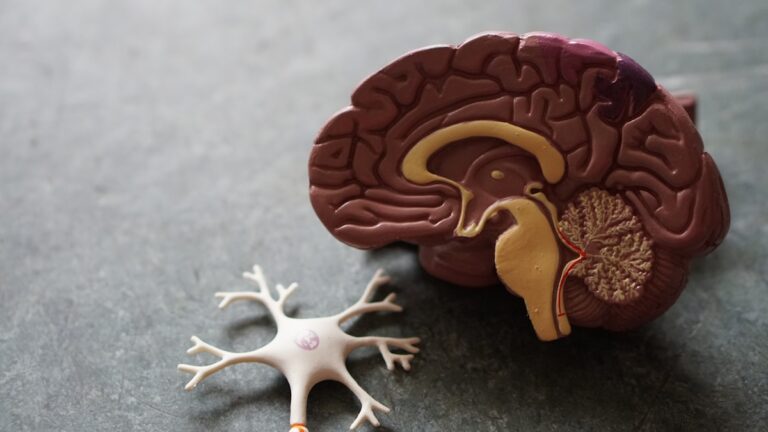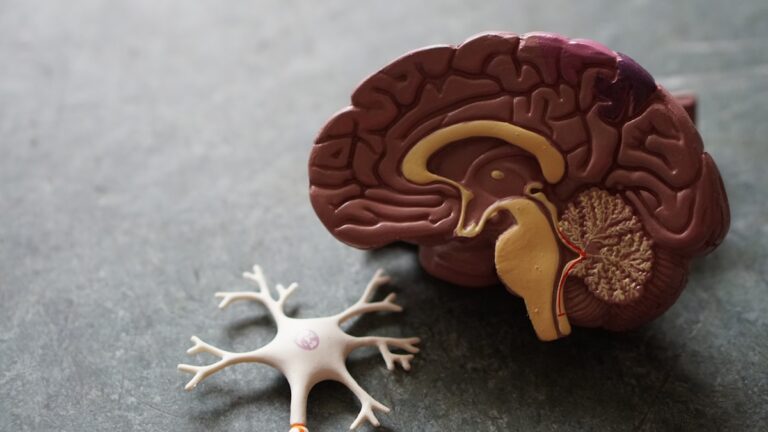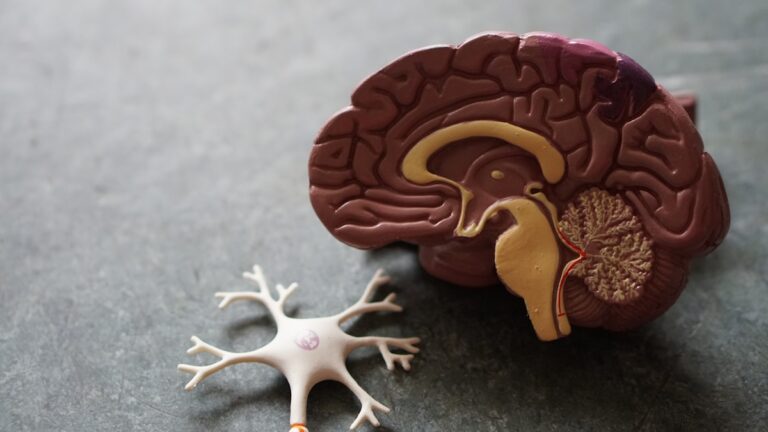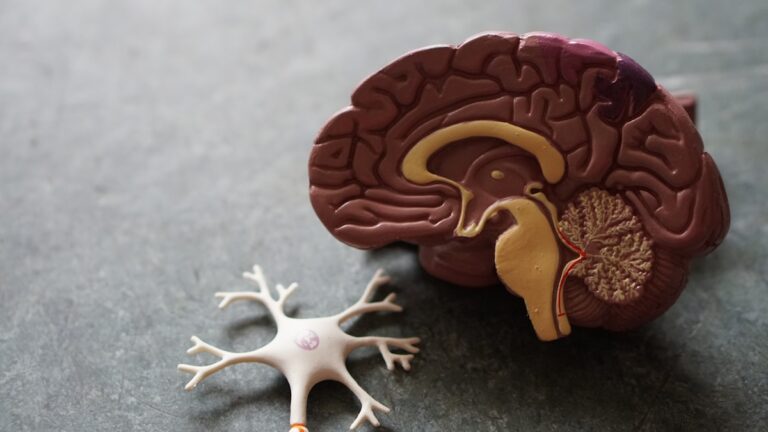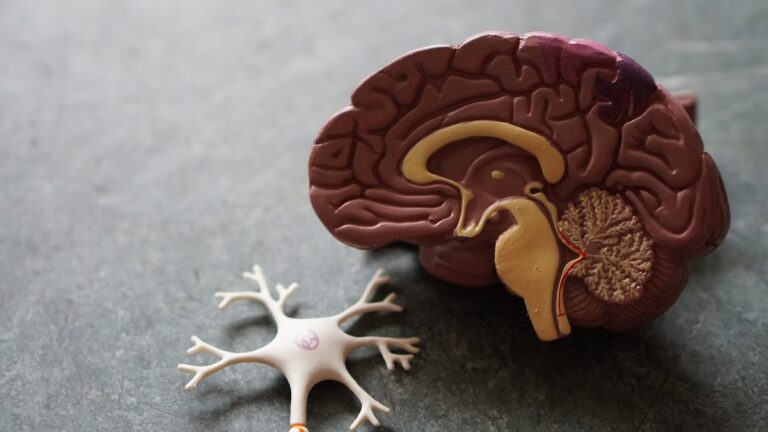Safe puzzle picture matching activities for Alzheimer’s patients are those that are simple, engaging, and tailored to their cognitive abilities, focusing on large, easy-to-handle pieces and familiar images. These activities should avoid complexity that could cause frustration or anxiety and instead promote enjoyment, mental stimulation, and a sense of accomplishment.
One effective type is **picture matching card games**, where cards with identical images are laid face down. The player flips two cards at a time trying to find pairs. This activity helps improve short-term memory by encouraging the patient to remember the location of pictures they have seen before. Using cards with bright colors and familiar objects like animals or everyday items makes it easier for Alzheimer’s patients to engage without feeling overwhelmed.
**Jigsaw puzzles** designed specifically for dementia patients also work well when they feature large pieces that fit easily in hand. Puzzles with high-contrast pictures such as landscapes, animals, or simple scenes can stimulate visual-spatial skills while being calming and meditative. The size of the pieces reduces frustration caused by fine motor difficulties common in Alzheimer’s disease.
Another gentle option is **“spot the difference” puzzles**, which involve comparing two similar pictures side-by-side to find subtle differences between them. These puzzles encourage attention to detail without requiring complex problem-solving skills. They can be adapted by using fewer differences or simpler images depending on the patient’s stage of cognitive decline.
Activities like **sorting picture cards into categories** (for example sorting animals vs vehicles) combine matching with classification tasks that gently challenge cognition while remaining accessible. This kind of sorting game supports recognition skills and provides structure without pressure.
When selecting any puzzle activity for someone with Alzheimer’s:
– Choose materials free from sharp edges or small parts that could pose safety risks.
– Use themes relevant to their interests or past experiences—familiarity increases engagement.
– Keep sessions short but consistent; frequent brief activities help maintain mental function better than long sessions.
– Offer encouragement frequently; celebrating small successes boosts confidence.
– Consider group settings where social interaction adds emotional benefits alongside cognitive stimulation.
Incorporating these safe picture matching puzzles into daily routines can help maintain brain health by exercising memory, focus, pattern recognition, and problem-solving abilities gently yet effectively—all while providing moments of joy and connection tailored specifically for those living with Alzheimer’s disease.

